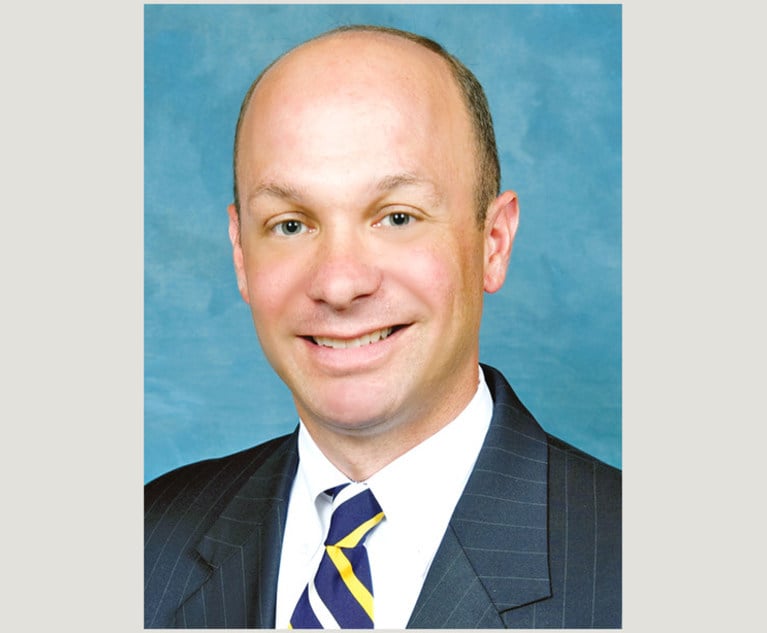With all the recent attention to attorney fees awarded pursuant to Lorino v. Workers’ Compensation Appeals Board, 266 A.3d 487 (Pa. 2021), the traditional understanding of Section 440′s so-called “unreasonable contest attorney fees” has been moved to the back burner, especially since Lorino, to some extent, provided a remedy to claimants’ practitioners and their clients that Section 440 was previously never able to secure. Last month, the Pennsylvania Commonwealth Court brought unreasonable contest attorney fees back to the forefront in the precedential matter of Torres v. Amazon.com Services (Workers’ Compensation Appeals Board), Commw. No. 1398 C.D. 2022, filed April 9, 2024), and offered further elaboration as to the Supreme Court’s holding in Lorino.
It has always been the case, in theory, that when a claimant prevails in a litigated case, the workers’ compensation judge (WCJ) must assess attorney fees against the employer unless the employer satisfies its burden of establishing a “reasonable basis for the contest.” The supposed exception to this rule, to be applied only where the factual record establishes a reasonable contest, has always been for the WCJ to decline to award unreasonable contest counsel fees. The courts have even ruled that a bald credibility challenge to an unwitnessed work-related injury is insufficient to demonstrate a reasonable contest. Of course, for anyone who has ever practiced workers’ compensation, few and far between are the cases where an unreasonable contest was found. However, since the question of whether a reasonable basis exists is a matter of law, it is a fully reviewable issue on appeal.


 Christian Petrucci of the Law Offices of Christian Petrucci.
Christian Petrucci of the Law Offices of Christian Petrucci.




